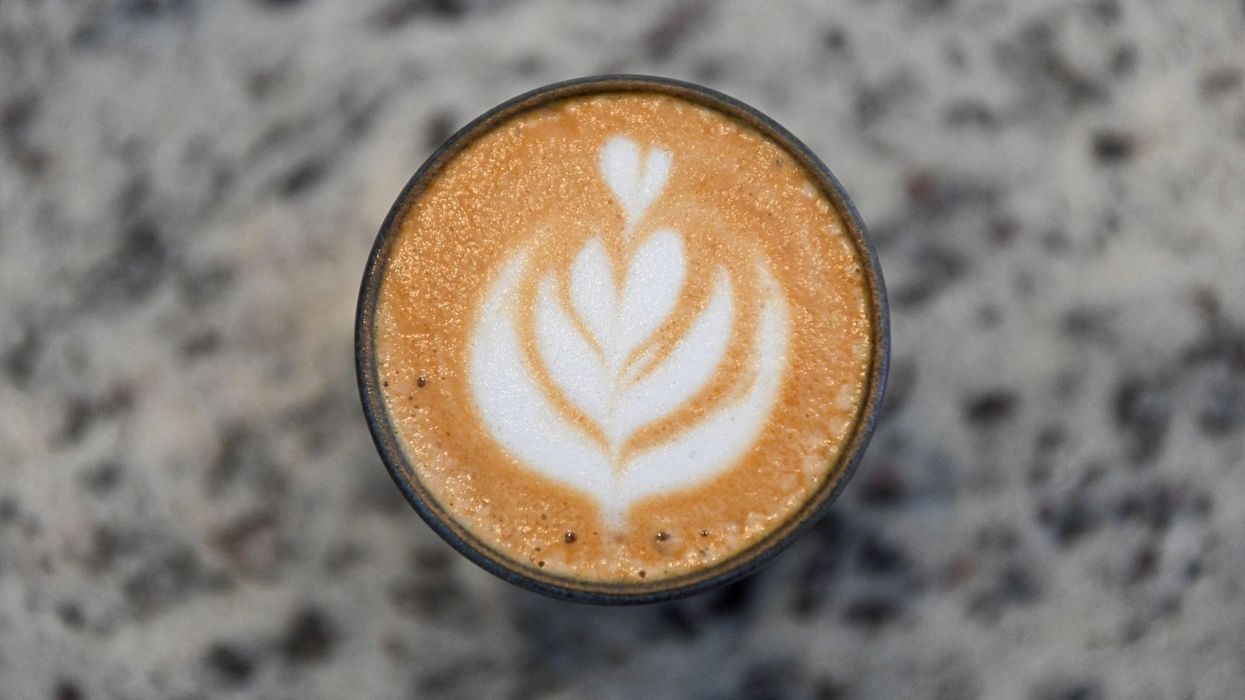Italy's colonisation of Libya left a lasting cultural legacy - a national fondness for espresso. However, during the month of Ramadan, devout Libyans give up their daily caffeine fix. Muslims around the world observe fasting from dawn until dusk during this holy month, which includes abstaining from food and drink.
During Ramadan, "we spend the whole day dreaming about the coffee we're going to drink", said Abdel Basset Hamza, a shopowner in Tripoli's Old City.
"There's nothing that we drink more than coffee," the 63-year-old said as he donned a hat and down jacket to step away from his luggage store to order a late afternoon brew before the start of Ramadan.
Tripoli's city centre is adorned with various cafes, ranging from small kiosks to spacious halls, all of which are fitted with advanced Italian espresso machines.
Although coffee is an essential aspect of everyday life throughout North Africa and the Middle East, Abdel Basset Hamza claims that Libya distinguishes itself from its neighbours because "you don't find coffee of this quality made in this way with such machines."
When it’s not Ramadan, the sidewalks outside the city's cafes are filled with predominantly male groups savouring their daytime drinks.
According to Mohamed Zourgani, the owner of an Old City cafe purchased by his grandfather in the 1950s, he doesn't anticipate a decrease in business during the fast, but rather a shift towards concentrated business in the evenings.
"The coffee Libyans usually drink over 16 hours, during Ramadan they drink over two hours, from as soon as the sun goes down," said the 31-year-old with a well-groomed beard.
Immediately after people break their daily fast, he predicted, they will rush "to drink coffee as if it were water".
Coffee has been a part of Libyan culture since the 15th century, when Yemeni beans arrived through North African trade routes and into Europe.
However, when Italy colonised Libya in 1911, the country's coffee culture underwent a transformation, with strong espressos replacing cardamom-flavoured Arabic coffee.
Despite this, older generations still prefer Arabic coffee, while younger people tend to order espresso or macchiato, according to Zourgani. He noted that even during times of conflict, Libyans remain dedicated to their coffee-drinking habits.
Despite the decade-long war that has ravaged Libya since the 2011 revolution that toppled former dictator Moamer Kadhafi, Tripoli's cafes continue to thrive.
The capital, which still bears the scars of several major battles as recently as 2020, is home to numerous coffee shops where patrons sit at outdoor tables and chat about politics and daily life over a "tazza" of coffee - an espresso-sized cup that costs less than a euro.
Some cafes even serve a local adaptation of affogato, the Italian dessert without its customary liqueur.
Ali Khawaja, a 24-year-old coffee lover, sees Ramadan as an opportunity to enjoy the drink even more. He says that coffee is a staple on every iftar table and that he spends the evenings with friends drinking it after the fast-breaking meal at dusk.
Despite the lack of coffee during the day, Ali and many other Libyans still find a way to incorporate the beloved beverage into their Ramadan routines.
(With inputs from AFP)




